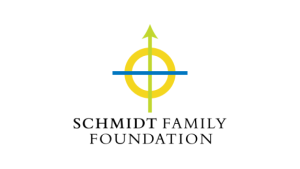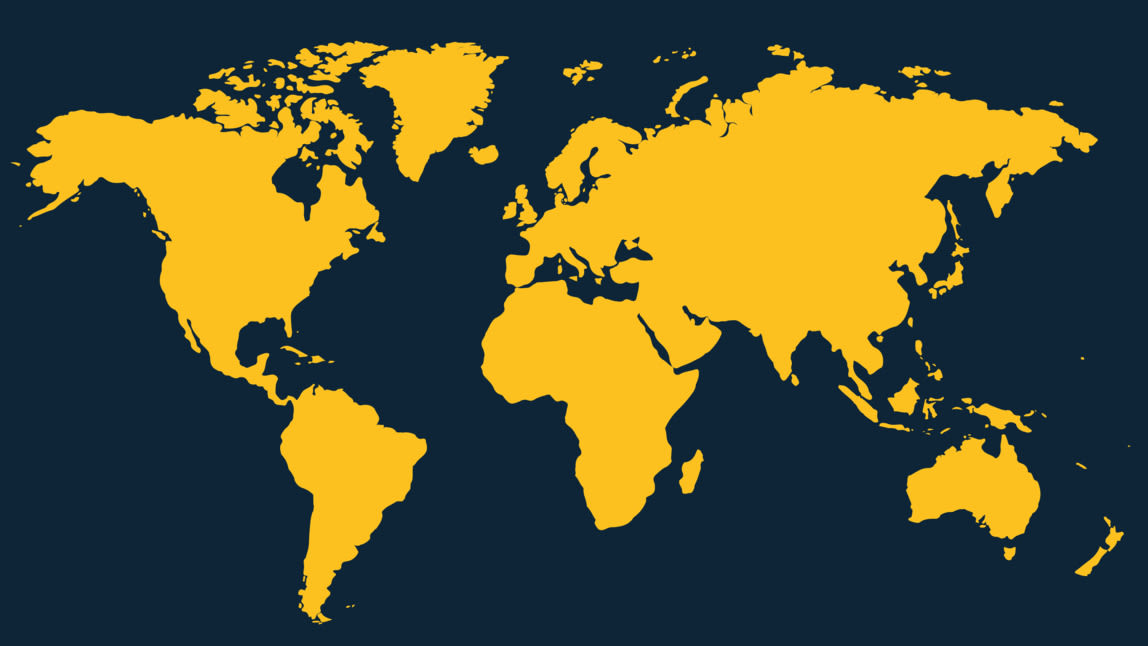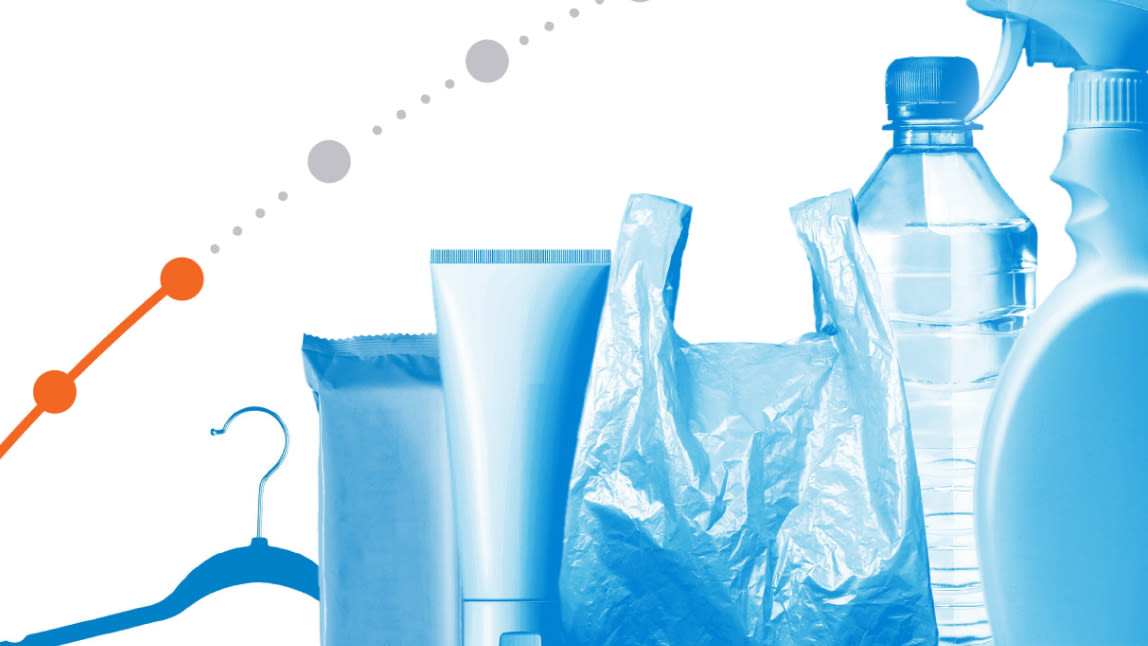Calling designers, entrepreneurs, academics and scientists to rethink the plastics system and eliminate plastics packaging waste.
Why a plastics rethink?
Love them or hate them, plastics are everywhere around us. In fact, demand for them is expected to double in the next 20 years. Yet our plastics system is broken. Only 14% is recycled, resulting in a loss of USD 80-120 billion per year to the global economy. Most plastic items are used only once before being discarded, often ending up polluting the environment. If nothing changes, there could be more plastic than fish in the ocean by 2050.
So, how do we fix this? If we want to free our ocean from plastics, we have to do more than just cleaning up. We have to fundamentally rethink the way we make, use and re-use plastics so that they don’t become waste in the first place. To do this, we need better materials, clever product designs and new, circular business models. That’s why we launched the $2m New Plastics Economy Innovation Prize in May 2017.
Innovation Prize winners
The Circular Design Challenge winners were announced at the Our Ocean conference in Malta on October 5, 2017. The winners of the Circular Materials Challenge are being announced at the World Economic Forum annual meeting in Davos on January 23, 2018. Together the winners will join a 12 month accelerator programme, in collaboration with Think Beyond Plastic, working with experts to make their innovations marketable at scale.
Download
Innovation Prize - Discover the winners is available in: English
We need everyone to work together to bring these ideas to life
While the winning innovations represent the type of solutions we need to build a plastics system that works, these entrepreneurs cannot drive the transition alone. Businesses, policy makers, and investors too need to make clear commitments and collaborate towards a circular economycircular economyA systems solution framework that tackles global challenges like climate change, biodiversity loss, waste, and pollution. It is based on three principles, driven by design: eliminate waste and pollution, circulate products and materials (at their highest value), and regenerate nature. for plastics. The Ellen MacArthur Foundation is calling on industry to adopt scale up innovation to create a circular economy for plastics that keeps plastics in the economy and out of the environment.
11 leading brands, retailers, and packaging companies are working towards using 100% reusable, recyclable or compostable packaging by 2025 or earlier – Amcor, Ecover, evian, L’Oréal, Mars, M&S, PepsiCo, The Coca-Cola Company, Unilever, Walmart and Werner & Mertz – together representing more than 6 million tonnes of plastic packaging per year. This is a major step forward, and the Ellen MacArthur Foundation calls on the whole industry to follow their lead and make commitments that ensure packaging is not just recyclable, but also in practice recycled, reused or composted.
The New Plastics Economy Innovation Prize is led by the Ellen MacArthur Foundation and was launched in collaboration with HRH The Prince of Wales’s International Sustainability Unit. The Prize is funded by Wendy Schmidt, Lead Philanthropic Partner of the New Plastics Economy Initiative. The Challenge partners are openIDEO and NineSigma.
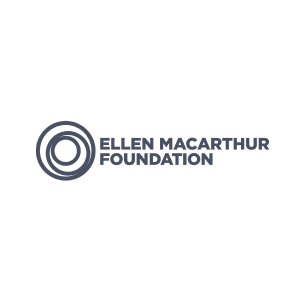
Ellen MacArthur Foundation
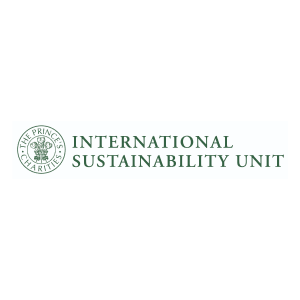
International Sustainability Unit

Open Ideo
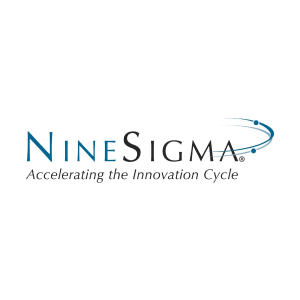
Nine Sigma

